End of an Era: Odinga Bows Out After 17 Years Leading ODM
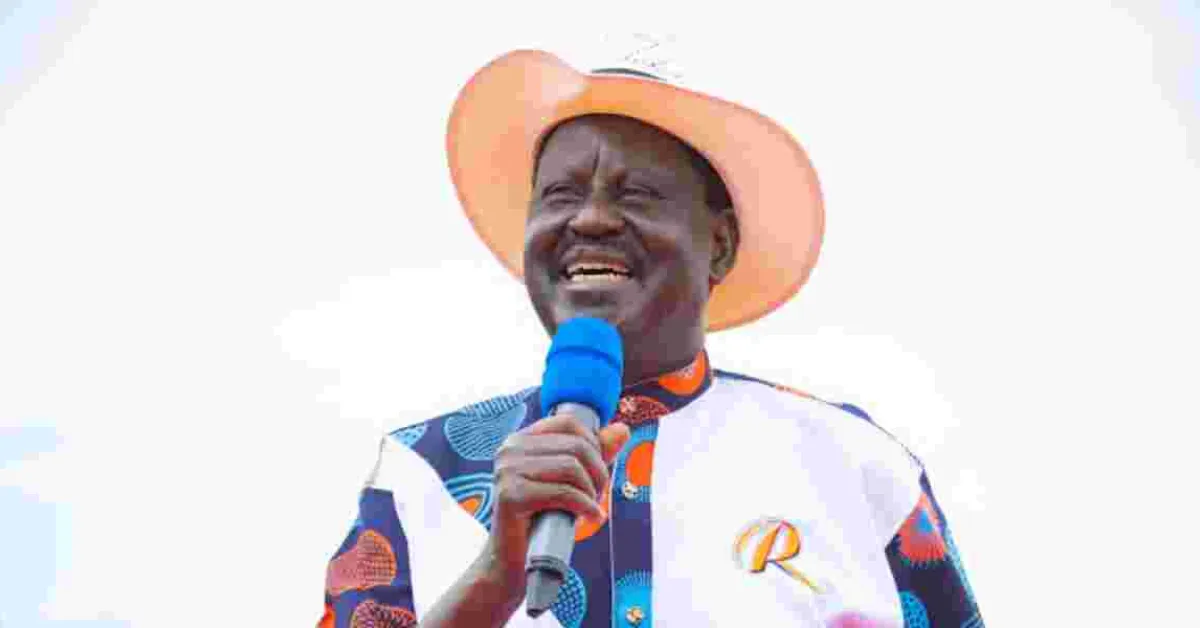
For nearly two decades, former Prime Minister Raila Odinga has been the uncontested leader of the Orange Democratic Movement (ODM).
Since its inception in 2005, Odinga has steered the party through turbulent political waters, demonstrating remarkable resilience and strategic acumen. His leadership has been characterized by both triumphs and setbacks, solidifying his position as a central figure in Kenya's ongoing quest for democracy and justice. Odinga's political journey, marked by numerous challenges, has established him as a formidable politician and a symbol of perseverance. His impressive pedigree and enduring leadership have inspired many Kenyans, earning him recognition as a master strategist. However, recent developments suggest that Odinga's tenure as the undisputed leader of ODM may be drawing to a close.
Following Odinga's declaration of intent to run for the chairmanship of the African Union Commission (AUC), multiple sources within the ODM have indicated that the party is preparing for his departure as early as next month. This transition was signalled during an announcement by President William Ruto who unveiled Odinga as Kenya's official candidate for the AUC position in the presence of East African Community (EAC) Heads of State. The move has prompted discussions within the party regarding succession plans, with the Central Management Committee (CMC) expected to convene soon to address this matter.
The impending transition has sparked intense lobbying among party members with prominent figures such as Kisumu Governor Anyang' Nyong'o, Siaya Governor James Orengo, and Homa Bay Governor Gladys Wanga emerging as potential successors. However, concerns have been raised about potential rivalries that could arise from promoting one deputy party leader over another. In response to these challenges, some party members have advocated for the establishment of a caretaker summit to guide the party until an interim leader is appointed.
To safeguard the party's governance structure during this transition, the ODM's National Executive Committee (NEC) has explored the incorporation of two critical organs into its constitution. These proposals are viewed as Odinga's attempt to protect the party from potential disruption as he shifts his focus toward continental politics. The formal endorsement by President Ruto, combined with Odinga's stated intention to step back from local politics, suggests an evolving political landscape within the ODM. Odinga's legacy is deeply intertwined with Kenya's political history, shaped by high-stakes elections and the subsequent tumultuous political climate.
His multiple candidacies for the presidency in 2007, 2013, 2017, and 2022 have not only defined his political journey but also highlighted the persistent challenges within Kenya's electoral process. Despite claims of electoral malpractice and violent disputes that accompanied some of these contests, Odinga's resilience has drawn admiration both locally and internationally. As the ODM grapples with the prospect of Odinga's departure, opinions within the party remain divided. Some argue that discussions about leadership should be postponed until after the AUC elections in February 2025, while others advocate for immediate planning to prevent a leadership vacuum.

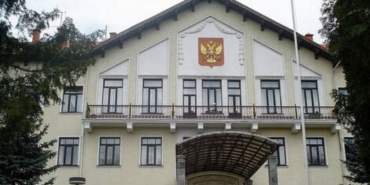

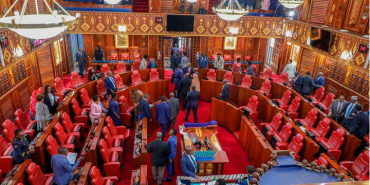
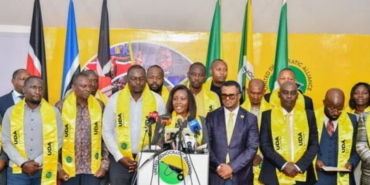
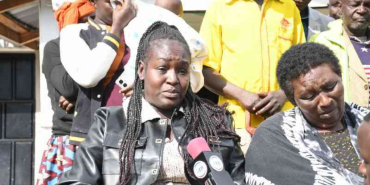
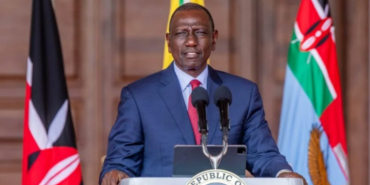
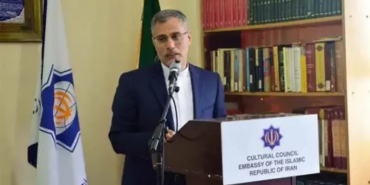
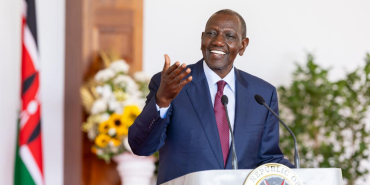
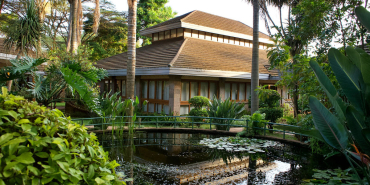

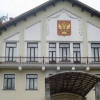

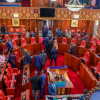
Comments
Sellout. He is riding on…
Permalink
Sellout. He is riding on Gen-Z blood.
End of an ERROR. A traitor …
Permalink
End of an ERROR.
A traitor ,a sellout.
Goodbye and good riddance.
RUTO MUST GO!
Msaliti wa wanyonge
Permalink
Msaliti wa wanyonge
Add new comment